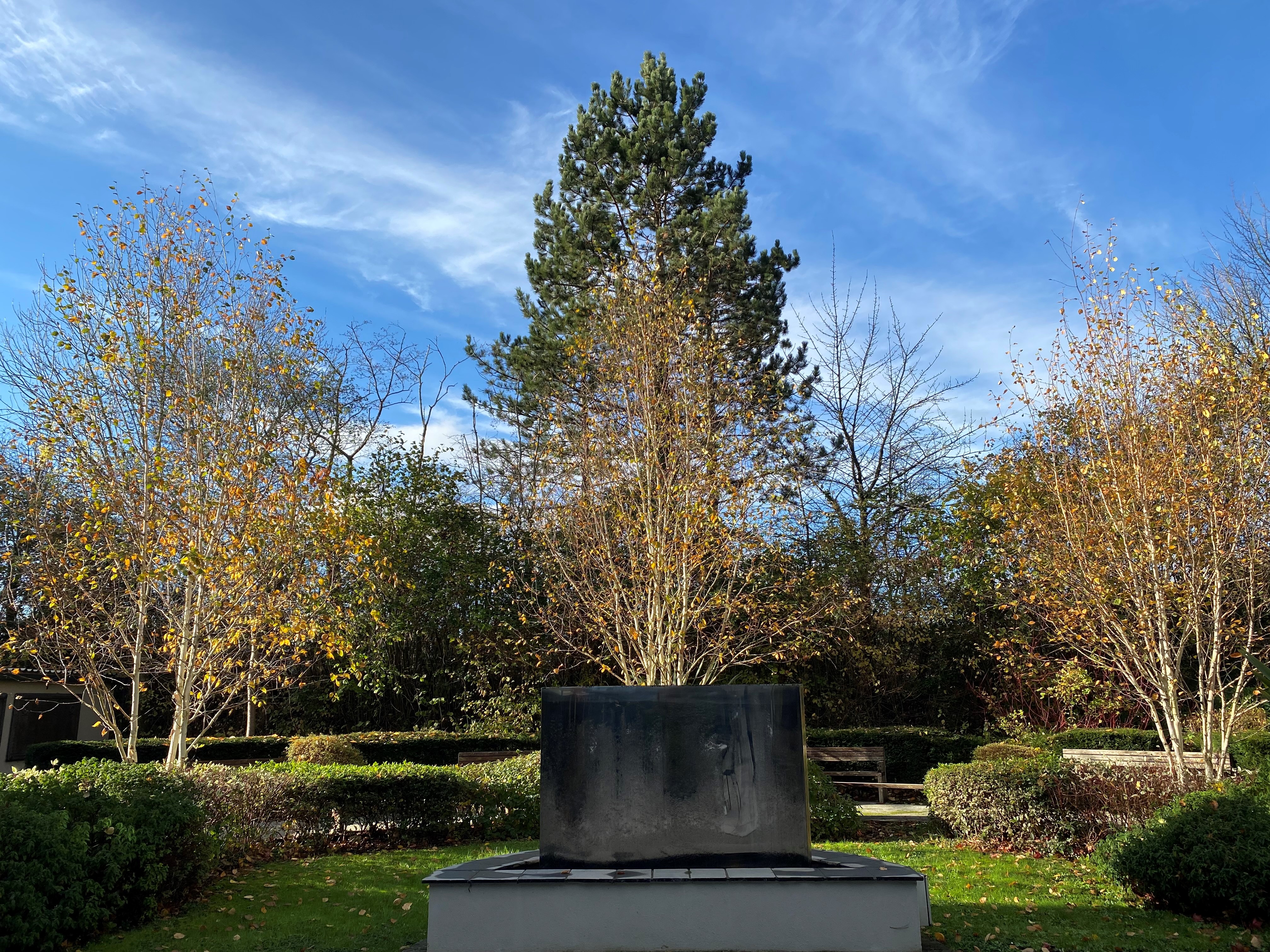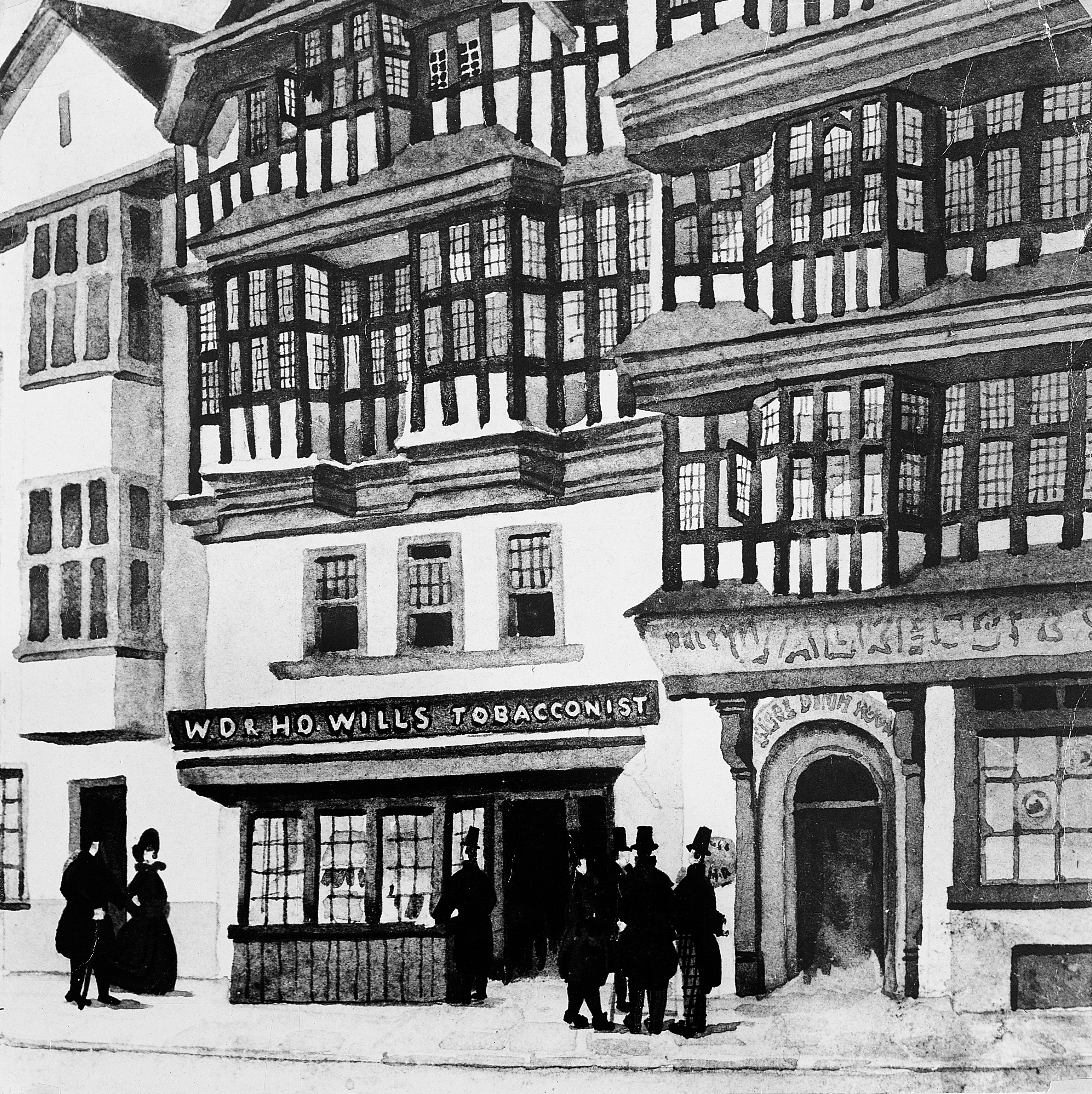Members with a DB pension in payment
.
for both pensioners and dependants of pensioners
Pensions are paid on the last working day of the month in arrears directly into your bank account.
You will receive a payslip every April at the beginning of the tax year. No further payslips will be issued during the remainder of the tax year except if there is a change of more than £1.00 to your net pay, or a change of address, or a change to your banking arrangements. In which case, the Pension Fund Office will issue a payslip to confirm the change has been made.
You will also receive a payslip to signify the commencement of your pension.
You will need to notify us of your new address in your new country of residence, and may wish to change your bank details. We do have provisions in place to make pension payments to bank accounts in other countries.
Your pension is part of your annual earned income and is therefore subject to tax under the Pay As You Earn (PAYE) system. Whether you pay tax on your pension will depend on your personal circumstances.
We are under instruction from H.M. Revenue & Customs (HMRC) to deduct tax at the 1257L tax code on a Month 1 Basis when your pension first comes into payment, which will be adjusted when we receive a revised tax code. Following your initial pension payment, and our subsequent notification of payment to HMRC, you will typically receive a revised tax code within a few weeks from HMRC. They will also notify us and your new tax code will be automatically updated on our pensioner payroll system. If you do not receive a revised code or have any questions about your tax please contact HMRC on: 0300 200 3300
We are unable to make any changes to your tax code unless advised by HMRC.


In general, if you are married or have a civil partner, a spouse’s pension would be paid to your surviving spouse for the remainder of their lifetime. (There are some exceptions to this, please see below*).
If you are not married, the Trustee has discretion under the Rules of the Fund to award payment of the spouse’s pension to a common-law spouse or partner, which would normally be someone that you have been in a relationship and living with for a period of at least two years.
If you do not have a spouse or partner, the Trustee also has discretion under the Rules of the Fund to award payment of the spouse’s pension to someone that was financially dependent upon you at the time of your death.
You can nominate your partner or a financial dependant to receive this pension by completing a “Nominated Dependants Application Form”.
Child allowances may also be paid to eligible children in full time education.
*If you are a woman and your pension consists entirely of GMP earned prior to 6th April 1988 then, under legislation, the Fund is not required to provide a spouse’s pension. If you are in receipt of a small pension known as an EPB (Equivalent Pension Benefit) then no spouse’s pension would be payable on your death.
Under legislation you can potentially only exchange your pension for a one-off lump sum if it has a cash value of £30,000 or less and you are aged 55 or over.
If your pension has a cash value of £10,000 or less it is possible for it to be paid as a lump sum without any reference to other pension benefits you have elsewhere from your membership of other schemes. These pensions are often referred to as “small pot” pensions.
If your pension has a cash value of between £10,000 and £30,000 then before it can be paid as a lump sum the Pension Fund Office would need to know about other pension benefits you have or that have been paid to you by other pension schemes (excluding any spouse's or dependant's pension you receive) before confirming whether or not you are eligible to receive a cash lump sum.
If you are eligible to exchange your pension for a one-off lump sum then the payment would be subject to income tax.
Generally, if your pension is less than around £1,500 pa then it may be possible to exchange it for a one-off lump sum subject to the relevant conditions being met.
You should contact the Penson Fund Office if you think you may be eligible for a one-off lump sum in exchange of your pension in payment.
The State Pension is a regular payment from the government most people can claim when they reach State Pension age. Your State Pension age depends on when you were born. You can find out your State Pension age by using the State Pension age calculator on the GOV.UK website.
The amount of State Pension you'll get depends on how many qualifying years of National Insurance payments you have. This includes National Insurance contributions that you pay when you are working and contributions that are credited to you when you are unable to work.
You can get an estimate of how much State Pension you could get on GOV.UK.






